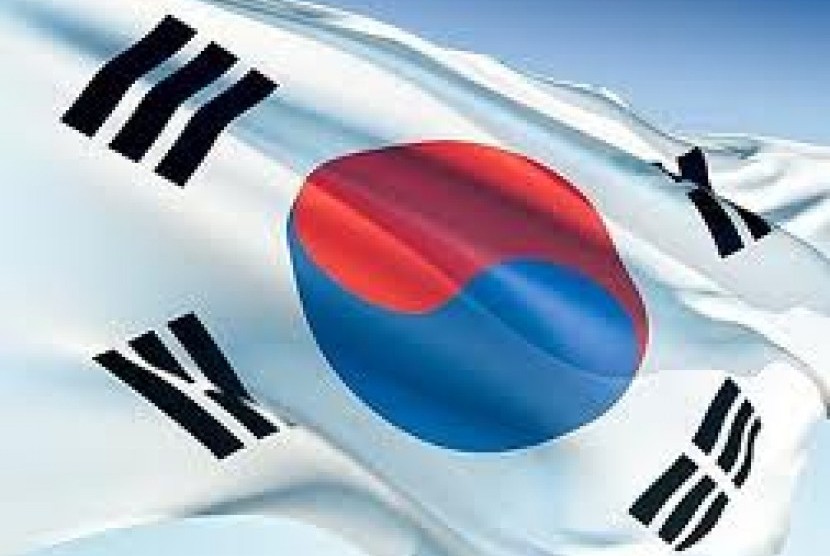REPUBLIKA.CO.ID, SEOUL -- South Korean President Park Geun-Hye vowed Wednesday to punish "anyone" involved in corruption as she faced a growing bribery scandal that has embroiled her prime minister and other close aides.
"I will not forgive anyone responsible for corruption," Park told a meeting of government officials in her first comment on the scandal that was triggered by the suicide of a powerful businessman.
Ordering a thorough and unlimited investigation, Park said it was her administration's responsibility to "root out corruption and complete political reform".
Sung Wan-Jong, the former head of a bankrupt construction company, hanged himself last week on a hillside near his house in Seoul.
In his pocket, investigators found a note that listed the names of eight people and figures that were alleged to indicate bribery sums.
Those listed in the memo included Prime Minister Lee Wan-Koo and presidential chief of staff Lee Byung-Kee.
Sung's apparent suicide came as he was about to be questioned by state prosecutors over allegations that he created a slush fund with embezzled company money to bribe politicians and government officials.
In a newspaper interview, Sung said he gave Prime Minister Lee 30 million won ($27,000) in cash in 2013 when he was running for a parliamentary seat.
Lee has angrily denied the allegation and told a parliamentary committee Tuesday that he would step down and "lay down" his life if prosecutors find any evidence that he took bribes.
On Wednesday, he repeated his denial, but apologised for the fallout from the scandal that has paralysed nearly all parliamentary work over the past week, with angry exchanges between ruling and opposition parties.
The main opposition New Politics Alliance for Democracy has demanded that Lee and other officials named in Sung's note resign.
The affair is a fresh blow to Park, whose popularity ratings were only just beginning to recover from the hit they took after the Sewol ferry disaster a year ago that killed 304 people.
The president has repeatedly been criticised for the appointments she has made in the two years since taking office.
A number of her nominees for senior posts have been forced to withdraw because of allegations of past misconduct.
The prime minister is a largely symbolic post in South Korea where power is concentrated in the executive.


